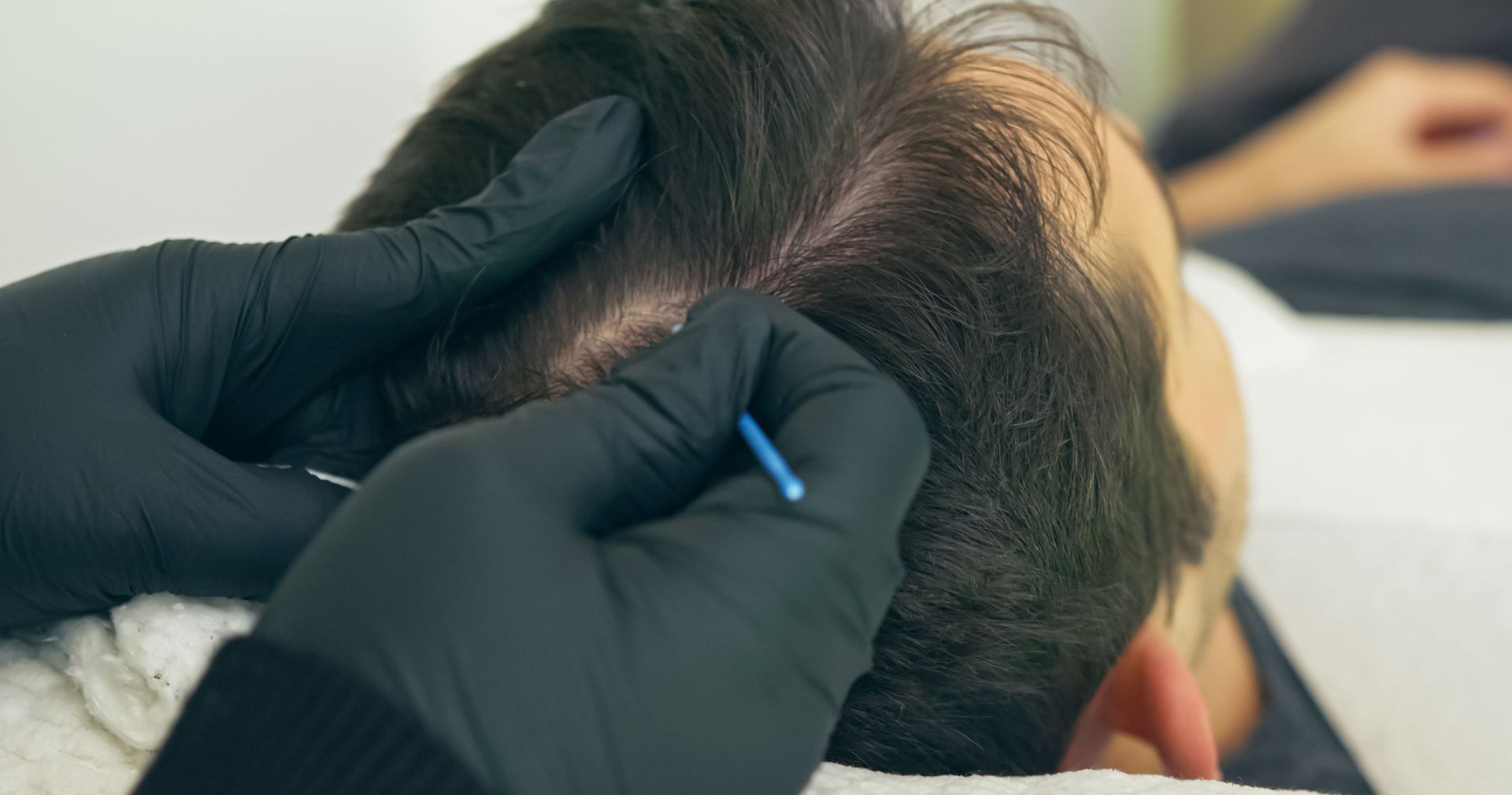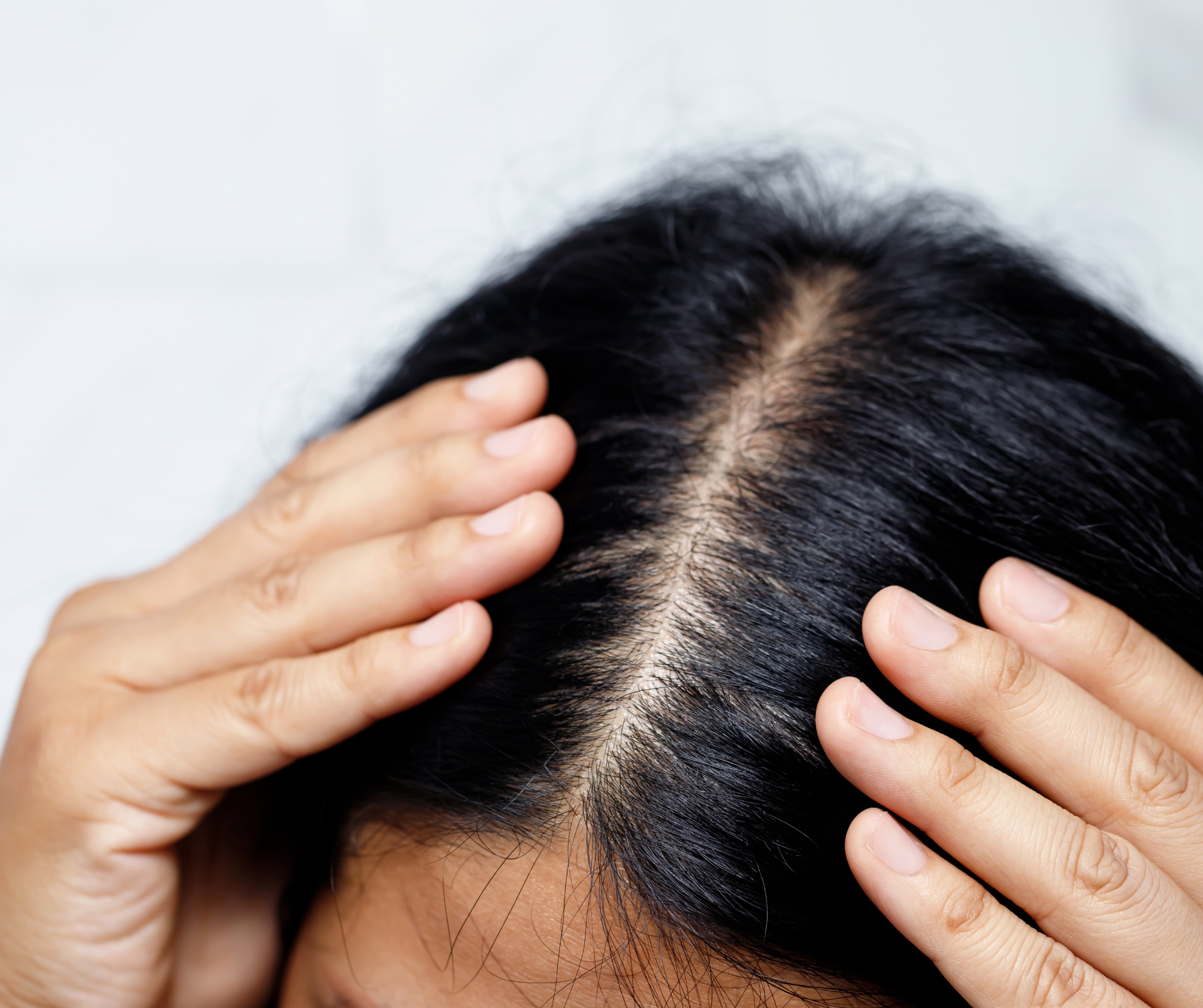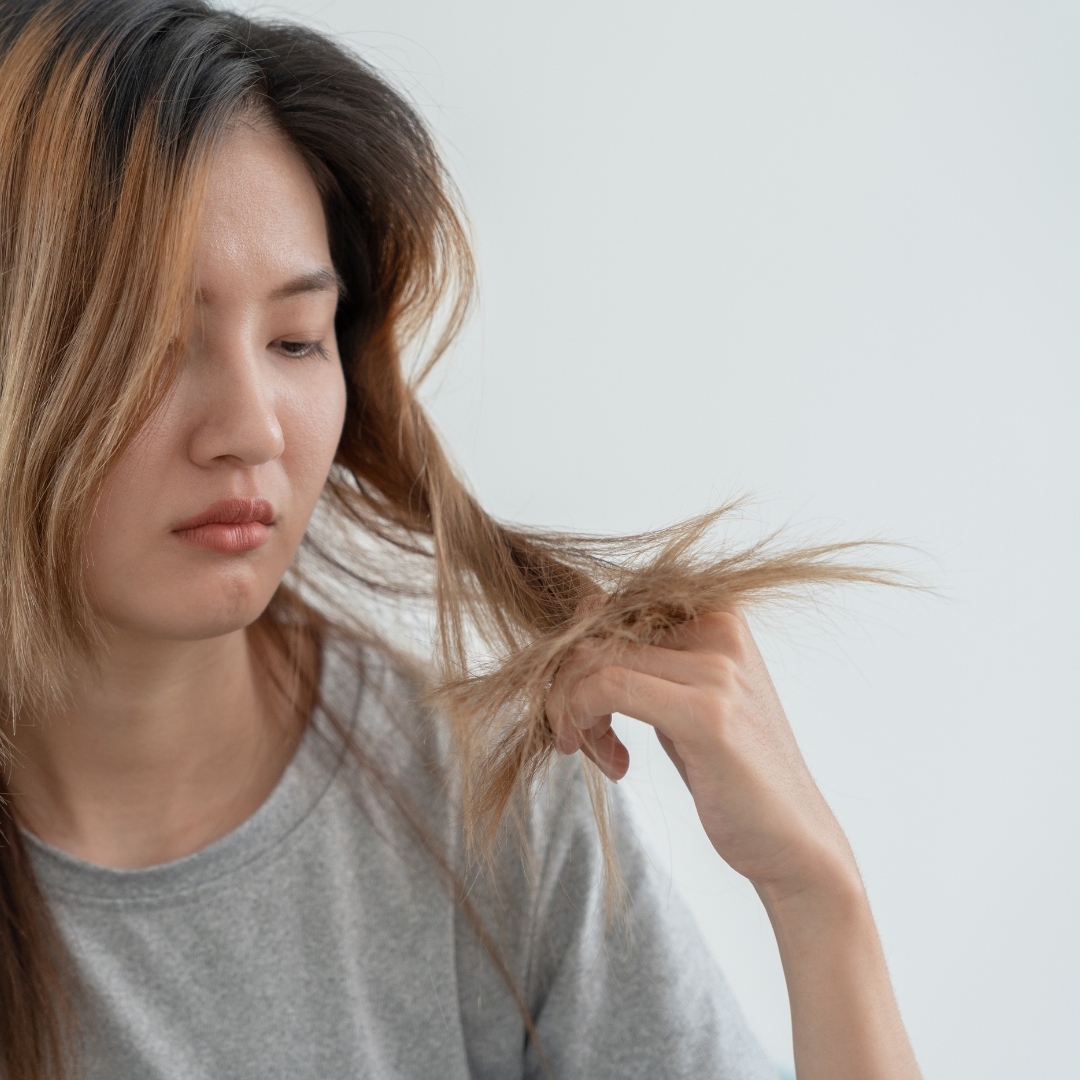Does Weight Loss Cause Hair Shedding?
Exploring the Link Between Diet Changes and Hair Loss
Weight loss is often a positive step toward better health, but it can sometimes come with unexpected side effects. One of the most common concerns among those who lose weight is hair shedding. While it can be alarming to see more hair in your brush or shower, it’s essential to understand why hair loss may occur during weight loss and what you can do to prevent it. In this blog, we’ll dive into the causes of hair shedding associated with weight loss and how to protect your hair during your fitness journey.
Understanding the Connection Between Weight Loss and Hair Shedding
Hair shedding during weight loss is more common than you might think. In fact, rapid or significant weight loss can trigger a temporary condition called telogen effluvium, which leads to increased hair shedding. Telogen effluvium occurs when the body experiences a stressor—whether it's physical, emotional, or nutritional—that disrupts the normal hair growth cycle.
When you lose weight quickly, your body may perceive the change as a form of stress. As a result, hair follicles may prematurely enter the shedding phase, causing hair to fall out in larger quantities than usual.
Causes of Hair Shedding During Weight Loss
- Nutrient Deficiencies
One of the most common reasons for hair shedding during weight loss is insufficient nutrients. When you reduce your calorie intake or follow a restrictive diet, you might not be getting the vitamins and minerals your hair needs to grow. Key nutrients like protein, iron, zinc, and biotin are essential for healthy hair. Without these nutrients, hair can become brittle, thin, and more prone to shedding. - Rapid Weight Loss
Losing weight too quickly—whether through extreme dieting, excessive exercise, or certain medications—can put your body under stress. This kind of rapid weight loss may cause an imbalance in the body, resulting in telogen effluvium. Typically, the more sudden the weight loss, the higher the chances of experiencing hair shedding. - Hormonal Changes
Weight loss can also lead to changes in your hormone levels. Hormonal imbalances, especially involving thyroid hormones, can contribute to hair thinning or shedding. For example, thyroid problems, such as hypothyroidism or hyperthyroidism, can disrupt the natural hair growth cycle. Weight loss can sometimes exacerbate these imbalances, leading to hair shedding. - Crash Diets and Extreme Caloric Restrictions
Extreme diets that involve severe calorie restriction, such as intermittent fasting or low-calorie diets, may not only impact your hair but can also affect your overall health. These diets can cause a lack of adequate nutrition, and in turn, make it harder for your hair to grow. It’s important to find a sustainable and balanced approach to weight loss.
How to Prevent Hair Shedding During Weight Loss
While some hair shedding during weight loss is normal, there are steps you can take to minimize it and support your hair health:
- Focus on a Nutrient-Rich Diet
Rather than cutting out entire food groups or drastically reducing calories, aim for a balanced diet that includes plenty of whole foods rich in essential nutrients. Foods high in protein (like lean meats, eggs, and legumes), iron (spinach, beans, and red meat), and vitamins (leafy greens, fruits, and nuts) will help support both your weight loss goals and hair health. - Avoid Crash Diets
Instead of opting for crash diets or extreme weight loss methods, aim for gradual, sustainable weight loss. A steady approach—losing 1-2 pounds per week—gives your body time to adjust without placing unnecessary stress on it. - Take Hair Supplements
If you’re concerned about hair thinning, consider adding hair supplements that contain biotin, vitamin D, and zinc to your routine. These nutrients are vital for maintaining strong, healthy hair, and they may help reduce hair shedding. - Stay Hydrated
Dehydration can also contribute to hair shedding. Make sure to drink plenty of water throughout the day to keep your body hydrated and your hair follicles nourished. - Consult with a Healthcare Provider
If you're experiencing significant hair loss during weight loss, it’s always a good idea to consult with a healthcare provider. They can assess whether the shedding is due to a nutritional deficiency, hormone imbalance, or another underlying health issue.
When to Seek Professional Help
Hair shedding due to weight loss is typically temporary and should resolve as your body stabilizes. However, if you notice excessive or prolonged hair loss, or if you’re experiencing other symptoms like fatigue or changes in skin health, it may be time to consult a doctor. A healthcare provider or a specialist like Nurse Holly Aesthetics can help identify the underlying cause of your hair shedding and recommend effective treatments, including hair restoration options if necessary.
Hair shedding after weight loss is not uncommon, especially if you’ve lost weight quickly or followed a restrictive diet. While this can be concerning, understanding the causes of hair shedding and taking proactive steps to support your hair health can help minimize its impact. If you're struggling with hair loss during weight loss, it’s important to be patient with your body and focus on nourishing it with the right nutrients. For those who need additional support, Nurse Holly Aesthetics offers a variety of services to help restore and rejuvenate your hair, no matter the cause of your shedding.
Contact Nurse Holly Aesthetics today for a personalized consultation to address your hair loss concerns and explore tailored solutions for your hair restoration journey.











Share On: